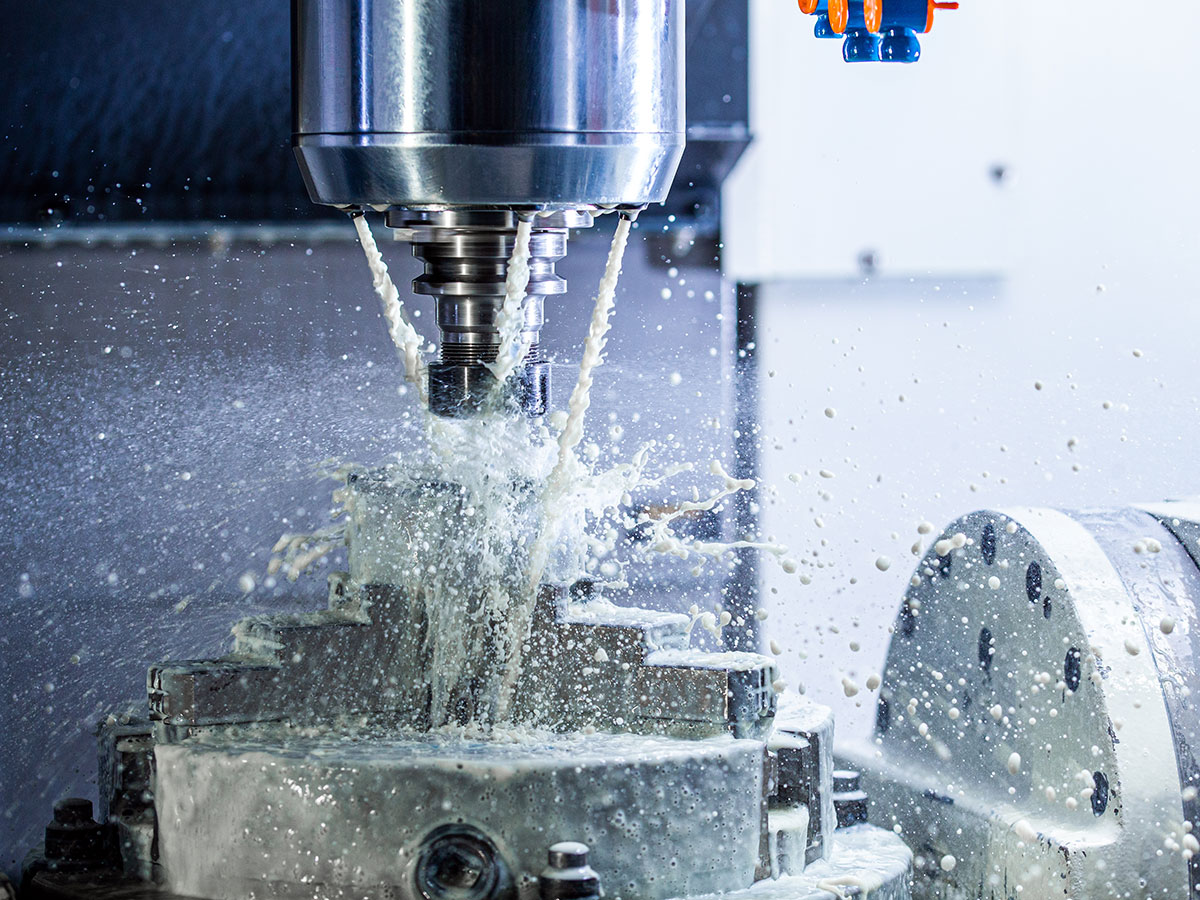 Wastewater from workshops that machine mechanical parts, contains a wide variety of contaminants, depending on the work cycle.
Wastewater from workshops that machine mechanical parts, contains a wide variety of contaminants, depending on the work cycle.
In general, mechanical parts are subject to machining, washing, pickling and painting.
In addition to the above processes, they may also undergo tumble finishing.
This means the water will contain various types of metals (depending on the material and the type of part processed), de-greasing and pickling agents (so also acids and bases), solvents, lubricants for cutting machines and therefore also traces of emulsified oils.
The type of plant depends somewhat on the type of work carried out by the company in question, but in general it involves one or both of the following technologies:
- An emulsion breakdown section;
- A chemical-physical section with filtration as refining.
The emulsion breakdown section involves adding a strong specific oxidant in an acid medium to break the bonds of the oily substances and therefore bring about separation with a lamellar type process.
The product doses are regulated using instruments such as pH meters or redox meters.
The chemical-physical section involves the use of flocculants and chemical sludge thickeners, with the relative separation by means of a lamellar process.
The clarified water then undergoes a refining process with quartzite and active carbon filtering.
The chemical sludges can be subjected to various types of industrial drainage, for example with the aids of a filter press.
Idroconsult has supplied plants of significant capacity to mechanical engineering factories of various types.
In general chemical-physical treatment is used in all systems, but the level of customisation is high however.
The variations can be the number of reactors, the type of chemical product, the type of drainage of the sludge pipeline, etc.
Some references:
The best solution to your problem
Contact us for a personalized offer
 IT
IT

